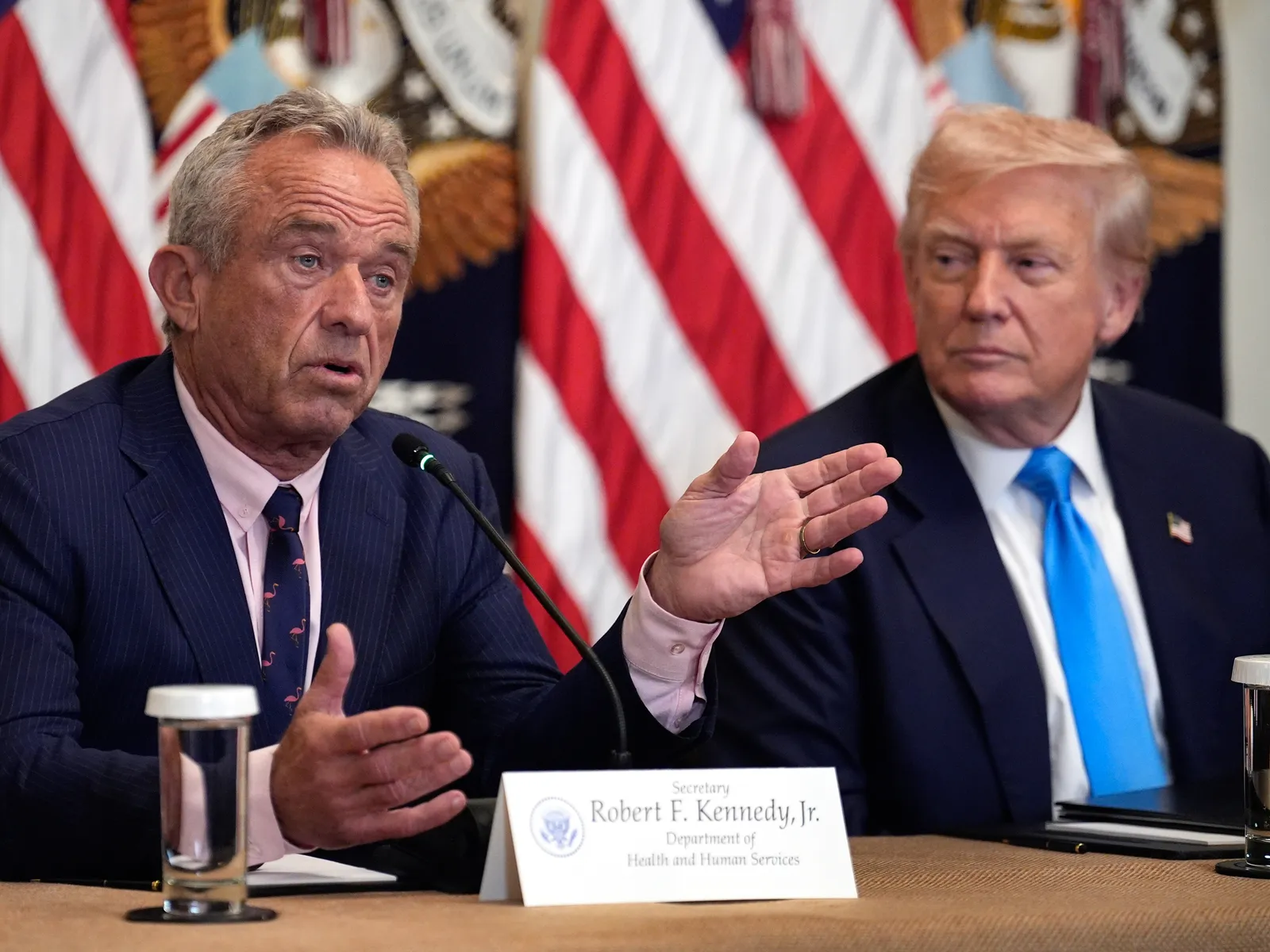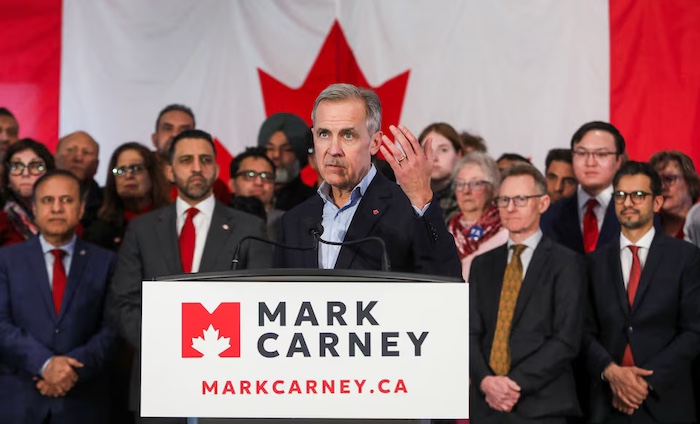
The World Health Organization (WHO) has firmly rejected claims made by U.S. President Donald Trump suggesting links between the common painkiller Tylenol (acetaminophen/paracetamol), vaccines, and autism.
At a press briefing in Geneva on Tuesday, WHO spokesperson Tarik Jasarevic stressed that no scientific evidence supports the president’s assertions.
“There have been some observational studies suggesting a possible association between prenatal exposure to acetaminophen and autism,” Jasarevic acknowledged. “But the evidence remains inconsistent. If such a link were strong, it would have been consistently observed across multiple studies.”
He cautioned against drawing “casual conclusions” and reiterated that acetaminophen is widely regarded as one of the safest painkillers during pregnancy.
Vaccines Under Fire
Trump’s comments also echoed familiar anti-vaccine talking points, questioning the safety of standard childhood immunizations such as the MMR vaccine (measles, mumps, rubella) and raising concerns over aluminum-based additives — despite decades of research proving their safety.
Asked directly about the president’s remarks, Jasarevic was unequivocal:
“Vaccines do not cause autism.”
He highlighted that the childhood immunization schedule, developed with WHO guidance and adopted worldwide, has saved at least 154 million lives in the past 50 years by protecting children, adolescents, and adults against 30 infectious diseases.
“These schedules continually evolve with science,” he said. “When immunization schedules are delayed, disrupted, or altered without evidence, the risk of infection rises sharply — not just for the child but for the wider community. Each missed dose increases the chances of contracting a life-threatening disease.”
The Autism Debate
Autism, a complex neurodevelopmental condition widely believed to have predominantly genetic roots, has long been the subject of misinformation campaigns.
Trump’s health secretary, Robert F. Kennedy Jr., has for decades promoted unfounded claims linking vaccines to autism — despite overwhelming scientific consensus to the contrary.
WHO officials warn that reviving such discredited claims risks undermining public trust in vaccines and reversing decades of progress against infectious diseases.



